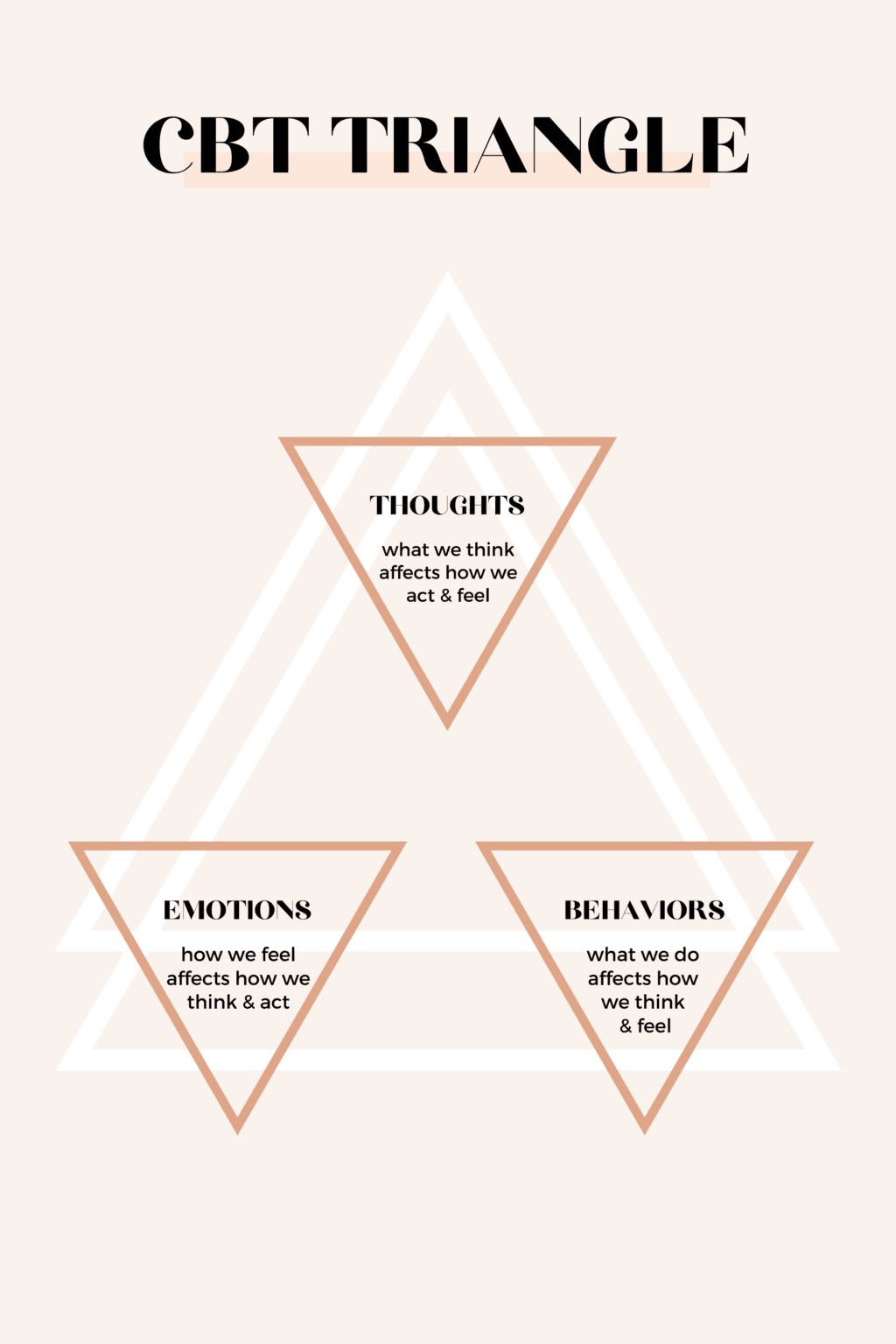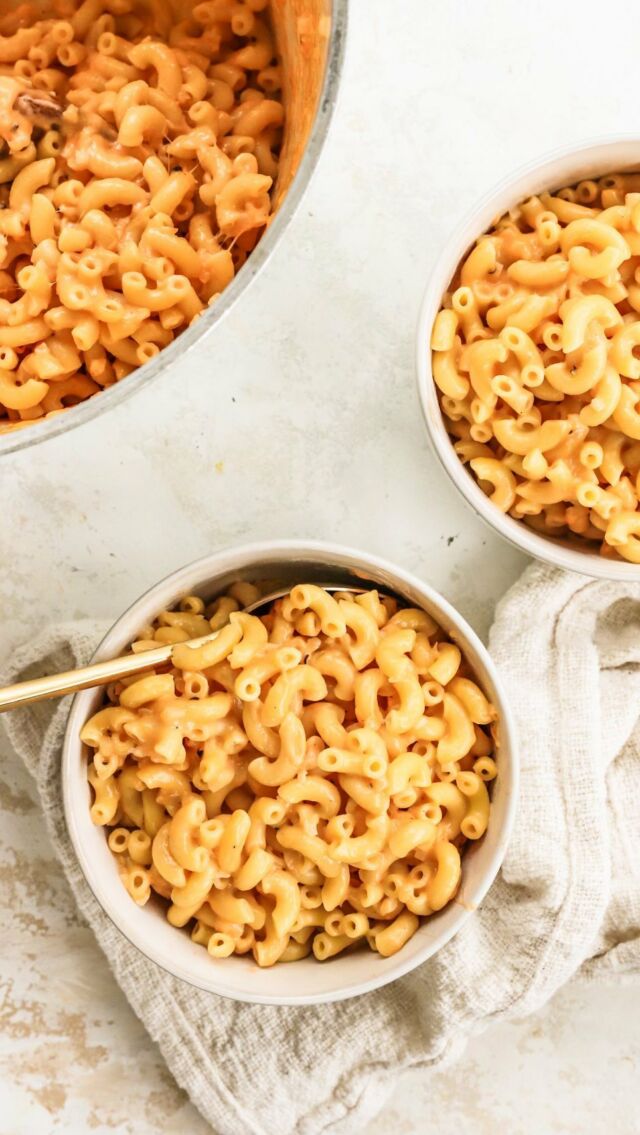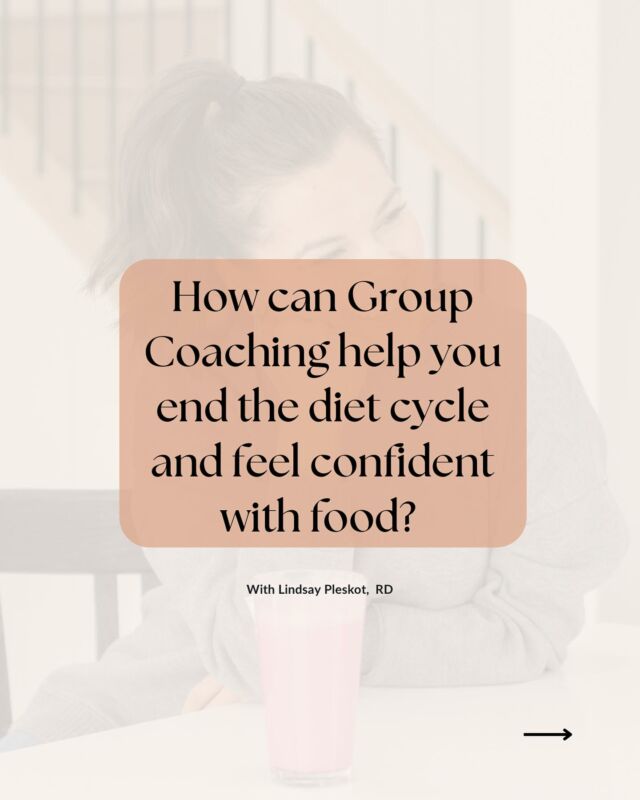Have you ever run into the Food Police? Or felt shamed by another person based on your food choices? You’re definitely not alone. Today on the blog we dive into what food shame is, what food shaming may look like, why it’s harmful, and 5 ways to respond to it.

As human beings, one of our most basic needs is to belong to a group. Cultivating a sense of safety, security, and cooperation with other group members is what kept us alive for millions of years. This need to belong as a way to increase chances of survival can explain why we still experience deeply visceral reactions when we feel judged or disrespected by others, especially around food. If you’ve ever felt a pit in your stomach or a hot flush of shame after someone negatively commented on what or how much you were eating, you’re not alone. When we feel shamed for our food choices or actions, our sense of safety and security is directly impacted.
Additionally, we can feel this deep sense of shame when the judgment comes from ourselves. This harmful and critical internal dialogue is often referred to as the ‘Food Police’ and relates to the fourth principle of intuitive eating.
As an intuitive eating dietitian, my mission is to help you harness self compassion and foster a healthy relationship with food. Today on the blog, we take you through what food shaming is, what food shaming may look like, why it’s so harmful, and 5 ways you can respond to it.
In this blog we will cover:
- What is food shaming?
- Examples of food shaming
- Why food shaming is harmful
- How to respond to both internal (food police) and external sources of food shame
Food shaming can come in the form of negative comments from others or internalized judgements from ourselves. In both cases, they can make us feel like there’s something wrong with us. Read more about that here.
Food shaming is harmful because our thoughts, feelings, and behaviours are all tightly linked. If we think that we’ve eaten something that is ‘bad,’ we may feel really distressed, which may cause us to act in a way that further perpetuates shame and disordered eating behaviours. Find out more here.
What is food shaming?
Before we dive into what food shaming is, let’s clarify what shame is. According to shame researcher, Brene Brown, shame is an “intensely painful feeling or experience of believing that we are flawed and therefore unworthy of love and belonging.” Simply put, shame is believing that we are bad, flawed, and unworthy.
Food shame is when we receive judgemental comments or unwarranted criticism about what we’re eating or how much we’re eating. This moralization of food leads us to internalize shame and truly believe that we are morally ‘bad’ or ‘wrong’ for our choices.
Where do these moralistic ideals come from when it comes to food and, ultimately, our shape and size? Diet culture.
Christy Harrison, RD, and author of Anti-Diet describes diet culture as a system of beliefs that:
- Worships thinness and equates it to health and moral virtue
- Promotes weight loss as a means of attaining a higher status
- Demonizes certain ways of eating while elevating others
- Oppresses people who do not match up with the thin ideal or the gold standard of health
Given that we live in a diet culture society, it makes sense why we would want to pursue thinness at all costs in order to achieve a sense of virtue. These messages and ideas are maintained through the media, marketing campaigns, friends, family, coworkers…until eventually we start to internalize these beliefs as our own.
Ready to Transform Your Relationship with Food?
Explore not just what you eat but why you eat, how you feel when you eat and any patterns that affect how you feel or impact any choices you make and start your journey to food freedom today!
Examples of food shaming
Food shame can stem from rigid food rules. The problem with having these rules in place is that it perpetuates the idea that if you follow the rules, you are ‘good,’ but if you break the rules, you are ‘bad.’ These rules can manifest internally in the form of Food Police statements that live deep in your own psyche, or they can come from external sources including your friends, family, and co-workers.
Internal rules examples:
- “Fats in food will make me fat and fat is bad”
- “I should never eat foods with white flour or sugar”
- “Gluten is bad”
- “Carbs will make me gain weight”
- “Snacks are unnecessary”
- “I shouldn’t eat ‘too much’”
- “I should never eat unless I’m hungry”
External rules examples:
- “If that touches your lips, it’s an inch on your hips”
- “You really need seconds?
- “You’re going to eat ALL of that?”
- “I would never eat that”
- “That’s all you’re having?”
- “You’re hungry again?”
Why food shaming is harmful

While some individuals claim to be coming from a well-intentioned place when they make comments about your food or eating (for example, if they are “worried” about your health), food shaming will always be harmful. Here’s why.
As shown in the image of The Cognitive Triangle above, our thoughts, behaviours, and emotions are all connected. For example, what we think affects how we feel which can ultimately affect how we act. When we form strong beliefs through our own experiences and insights, and when we accept what other people tell us as truth, we often create automatic negative thoughts that drive our behaviour.
Here’s an example. You’re about halfway through your pasta dish at a restaurant and a family member comments on how they would never eat that because it contains too many carbs.
- Thought:
- If that comment reminded you of your belief that carbs are bad, you may start to think “I shouldn’t have ordered the pasta. Carbs are bad and I have no self control. I am a failure and others are noticing”
- Feeling:
- You may start to feel ashamed because you believe you’ve broken your rule and therefore have done something bad, further believing you are bad.
- Behaviour:
- The shame you feel motivates you to want to ‘fix’ the problem by restricting the next day, only to end up bingeing the next night due to extreme hunger and deprivation, which brings up more feelings of shame. We often refer to this phenomenon as the binge-restrict cycle.
Research shows that shame is not an effective way to motivate behaviour change and often ends in the exact opposite action. Shame has also been associated with increased feelings of inadequacy and heightened self criticism.
Ready to Transform Your Relationship with Food?
Explore not just what you eat but why you eat, how you feel when you eat and any patterns that affect how you feel or impact any choices you make and start your journey to food freedom today!
How to respond to both internal (food police) and external sources of food shame
If you’re ready to stop feeling guilty after eating, here are 5 ways to let go of shame and reprogram your thoughts and beliefs.
- Practice mindfulness
- Simply put, mindfulness is awareness without judgment. It’s becoming a neutral observer to your thoughts, feelings, and actions, and understanding why you do what you do. When it comes to letting go of old food rules and beliefs, the first step is becoming aware of what they are in the first place, because once you see it, you can’t unsee it. You might be surprised by how many of these rules are housed deep in your unconscious mind.
- One tool we use with our Make Food Feel Good clients is a mindful food journal. This tool is not meant to be a food tracker, but is instead meant to gather information on how and why you’re eating, and what thoughts/rules are coming up for you.
- Become aware of old food rules and beliefs
- We like to call this process ‘Taking Out The Trash,’ because we are truly getting rid of any rules/beliefs that no longer serve you anymore.
- How do we challenge old beliefs and rules?
- Reflect on your past experience. For example, if your old belief is “snacks are unnecessary,” what has your past experience shown you that may challenge this idea?
- Do you feel chaotic meal to meal without snacks in between?
- Do you find yourself entering meals ravenously hungry and ending up rebound eating into uncomfortable fullness?
- Do you notice your energy starting to wane throughout the day?
- Consider the evidence for this belief. Here are a few questions you can ask yourself:
- Is this actually true? Is it 100%, without a doubt, true?
- How did I come up with this rule?
- Is this rule based on facts or fears?
- Would I tell anyone else to follow this rule? Why or why not?
- Do I plan to follow this rule forever?
- Reflect on your past experience. For example, if your old belief is “snacks are unnecessary,” what has your past experience shown you that may challenge this idea?
- Replace these old food rules and beliefs with a more loving and aligned belief
- Try to pull in self-compassion and self-kindness and reframe your belief into something that makes you feel aligned with your core values. For example, if your core value is feeling peaceful, you may reframe that old belief with “snacks provide nourishment and energy between meals so I can function at my best. They allow me to regulate my appetite so I no longer feel chaotic in my everyday eating”
- Try to incorporate neutral food talk
- Along the lines of mindfulness, try to notice when you are using morally charged words like “good,” “bad,” “clean,” “junk,” or “cheat meal.” Language matters and the more that we describe food in this way, the more we may take on the moral judgements. Instead, start to talk about food in a neutral, factual manner. For example, you might talk about food in terms of its sensory properties, like its smell, taste, or texture. Or you might talk about how the food makes you feel, such as energized, sleepy, or bloated. Talking about food as just food will help encourage an ‘all foods fit mentality.’
- Responding to food shame from others
- As discussed earlier, hearing judgmental comments from others is extremely difficult due to our fundamental need to belong. However, here are a few things you can try the next time someone makes a comment.
- Kill them with kindness
- Flash them your pearly whites and thank them. For example, “you’re going to eat that?” “Yes! Thanks for asking”
- Set a boundary
- If you feel safe doing so, you may want to let the other person know that their comments are unhelpful and that you would appreciate it if they didn’t comment at all. This may sound like “Thanks for your concern but that comment isn’t helpful to me. Do you mind not making comments moving forward?”
- Remove yourself from the situation
- It’s okay to need space from someone who is triggering you or harbouring negative energy. You have our full support to fake a phone call, drop a napkin, or simply walk away!
- Find a supportive community
- Finding like minded people who can support you and validate you on your intuitive eating journey can be helpful when dealing with food shaming from others. This may look like finding a trusted counselor or dietitian, sharing your journey with friends or family who are on the same path, or joining an online community with people who can help cheer you on.
- Kill them with kindness
- As discussed earlier, hearing judgmental comments from others is extremely difficult due to our fundamental need to belong. However, here are a few things you can try the next time someone makes a comment.
Now over to you
- What’s one food rule or belief that is no longer serving you?
- If you have been able to reframe an old rule or belief, share it with us in the comments!
- Any other questions we may have missed?
Share with us in the comments below or take a screenshot and share it with us over on Instagram! And if you found this post helpful, pass it along to a friend or family member who could benefit from it too!
Looking for more support?
Looking for support to end the diet cycle, trust your body and learn the nutrition that feels amazing for YOU? Learn more about my Make Food Feel Good Program here where hundreds of women have found lasting success through my proven framework and step-by-step guided support. Let’s Chat!









Katie says
This is NOT a helpful statement but a funny (?) saying from my mother in law is “little pickers wear bigger knickers” 😂 i.e. don’t snack. Probably why my husband has a messed up relationship with food.
Lindsay Pleskot says
Oh man! Even though I think they sometimes well intentioned comments like this just aren’t helpful! You can tell him snacks are one of a dietitian’s greatest tools! Haha So helpful for energy, mood and not getting so hungry you feel out of control around food!